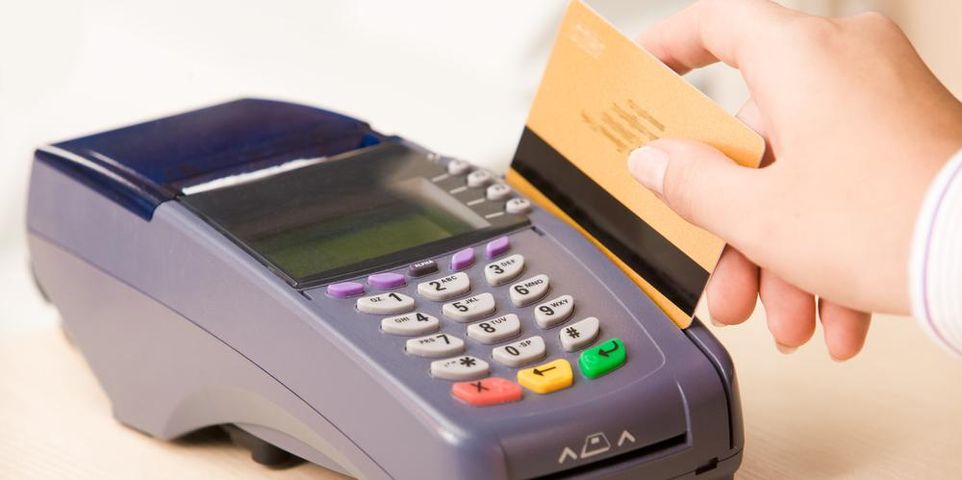What Happens in a Debt Collection Lawsuit? Answers From a Bankruptcy Law Attorney

When a creditor sues a consumer for nonpayment, it is known as a debt collection lawsuit. Anyone who is delinquent on their credit accounts could potentially be the subject of a debt collection lawsuit, though this option is usually only pursued when other, more traditional forms of collection, such as using a debt collector, have failed. Below, bankruptcy law attorney Donna C. Crooks, Attorney at Law, shares the sequence of events that comprise a lawsuit of this kind. For more than 20 years, Attorney Crooks has helped Enterprise and Dothan, Alabama-area clients find debt relief.
The Lawsuit Is Filed
The first step in the process occurs when the creditor files a lawsuit with the courts. This is called a complaint or a petition. You are named as the defendant in the case, and the complaint will detail the reasons why you are being sued.
You Receive a Summons
Next, the courts will notify you that you are the target of legal action. This typically comes in the form of a summons, delivered by a legal professional, in what is commonly referred to as being "served." The summons will inform you of your legal obligations, how to file your response, and any court dates that have been scheduled, and if so, when and where to appear.
Preparing Your Answer
At this phase, it is a wise idea to hire a civil lawyer or bankruptcy law attorney if you have not done so already. They will draft your formal response to the lawsuit and represent you in all your dealings with your creditor and with the courts. In your answer, you must clearly state your defense for not repaying your creditor, being sure to make certain the language you use is formal and legally sound.
Building Your Defense & Attending Your Court Date
 If you have genuine, verifiable reasons that support your nonpayment, bring proof with you to court. If you have no substantial reason that you didn't pay your creditors, you may want to consider defaulting. Defaulting occurs if you do not respond to the initial summons, and the court orders a judgment against you. But before you take this route, be sure you have explored all possibilities for a legal defense with your attorney.
If you have genuine, verifiable reasons that support your nonpayment, bring proof with you to court. If you have no substantial reason that you didn't pay your creditors, you may want to consider defaulting. Defaulting occurs if you do not respond to the initial summons, and the court orders a judgment against you. But before you take this route, be sure you have explored all possibilities for a legal defense with your attorney.
Call (334) 598-9534 or visit Donna C. Crooks, Attorney at Law online to start designing your legal defense with a bankruptcy law attorney. Attorney Crooks also offers representation in criminal defense, family law, personal injury, and will and trust matters. Follow her on Facebook and Google+ to learn more about her services.
About the Business
Have a question? Ask the experts!
Send your question

